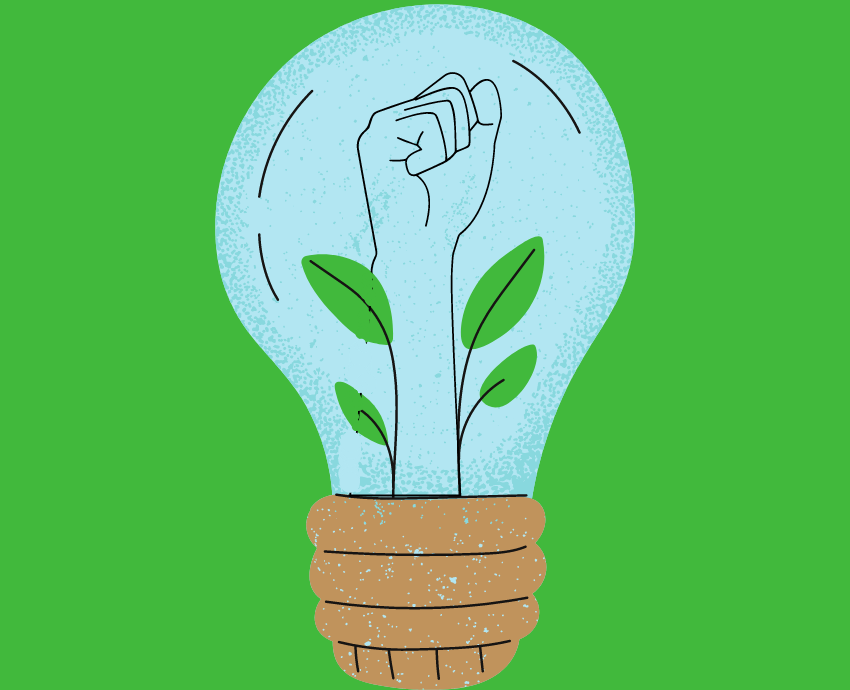
Climate and Capitalism editor Ian Angus presents eight recent books for people who want to change the world.
* * *
Let Me Speak!: Testimony of Domitila, A Woman of the Bolivian Mines
By Domitila Barrios de Chungara and Moema Viezzer
Monthly Review Press
First published in English in 1978, Let Me Speak! is the story of a valiant fighter for indigenous and workers’ rights in the mines of Bolivia. The new edition includes never-before-translated testimonies, resulting in a fuller picture of both Chungara’s activity, including her role in bringing down the Banzer dictatorship, and her internationalist work during her exile in Sweden.
Rosa Luxemburg: The Incendiary Spark
By Michael Löwy
Haymarket Books
In ten insightful essays, noted ecosocialist scholar Michael Löwy explores Rosa Luxemburg’s many political and theoretical contributions, as well as her links to other revolutionaries including Karl Marx, V I Lenin, Antonio Gramsci, Georg Lukács, José Carlos Mariátegui and Leon Trotsky, always bearing in mind her enduring relevance to today’s struggles against oppression.
Écologie, Luttes Sociales Et Révolution (Ecology, Social Struggle and Revolution)
By Daniel Tanuro
La Dispute
In this book of interviews, Daniel Tanuro, agricultural engineer and ecosocialist activist, offers a clear diagnosis, trenchant analyses and radical proposals for an ecological and social revolution. This introduction to contemporary ecology and Marxism makes accessible and extends the author's reflections on the impossibility of a green capitalism and on the strategy for an ecology equal to the challenges of the present time.
Masters: The Invisible War of the Powerful Against Their Subjects
By Marco D’Eramo
Polity Books
Our rulers have carried out a stealth revolution, using every weapon from information technology to debt. They have changed the nature of power, from discipline to control. They have learned from the workers’ struggle, using Gramsci and Lenin against us. Can we learn from our opponents and launch a successful counter-offensive?
The Viral Underclass: The Human Toll When Inequality and Disease Collide
By Steven W Thrasher
Celadon Books
The ways in which viruses spread, kill, and take their toll are much more dependent on social structures than they are on biology alone. Thrasher delves into the viral underclass and lays bare its inner workings, helping us understand the world more deeply by showing the fraught relationship between privilege and survival.
Toxic Lake: Environmental Destruction and the Epic Fight to Save Onondaga Lake
By Thomas Shevory
New York University Press
For indigenous people Onondaga Lake is a sacred place, where peace between nations was achieved and the Haudenosaunee Confederacy was created. In the 20th century it acquired a wholly different reputation as “the most polluted lake in America.” Shevory tracks the history of this complex ecological system, and the fight against a system that privileges industrial polluters over human rights.
Global Guyana: Shaping Race, Gender and Environment in the Caribbean and Beyond
By Oneka LaBennett
New York University Press
Previously one of the hemisphere’s poorest countries, Guyana is becoming a global leader in oil production. LaBennett illuminates how oil extraction and sand export are implicated in the pillaging the Caribbean’s natural resources while masking the ecological consequences that disproportionately affect women and children, and sounds an alarm about the looming threat of environmental calamity.
The Knowledge Economy and Socialism: Science and Society in Cuba
By Augustín Lage Dávila
Monthly Review Press
Despite the imperialist blockade, Cuba is a global leader in the development and application of scientific knowledge and products, from vaccines and medicines to organic food. Noted Cuban immunologist, Dr Augustín Lage Dávila shows how Cuba achieved this, arguing that the training of scientists and their relationships with the Cuban people are intimately connected to the country’s revolutionary socialist culture.
Navigating the Polycrisis: Mapping the Futures of Capitalism and the Earth
By Michael Albert
MIT Press
In view of the “planetary polycrisis” disrupting global capitalism, Michael Albert argues that we must devote more attention to the study of possible futures. He offers a theoretical framework — planetary systems thinking — that is incorporates complexity theory, world-systems theory, and aspects of ecological Marxism, as a basis for considering how egalitarian transitions beyond capitalism might occur.
[Reprinted from Climate and Capitalism. Inclusion of a book does not imply endorsement.]